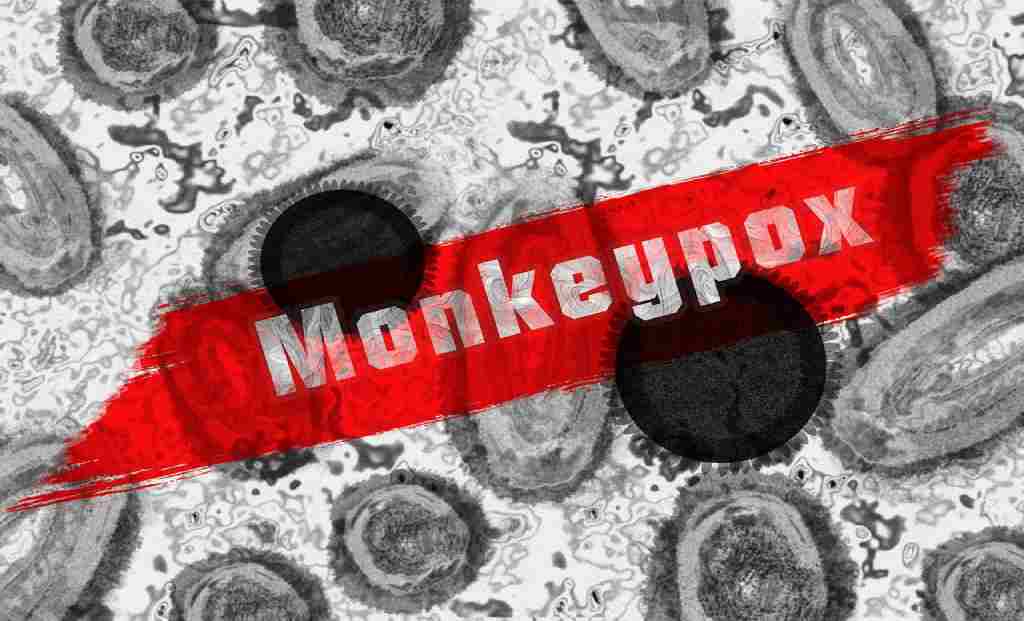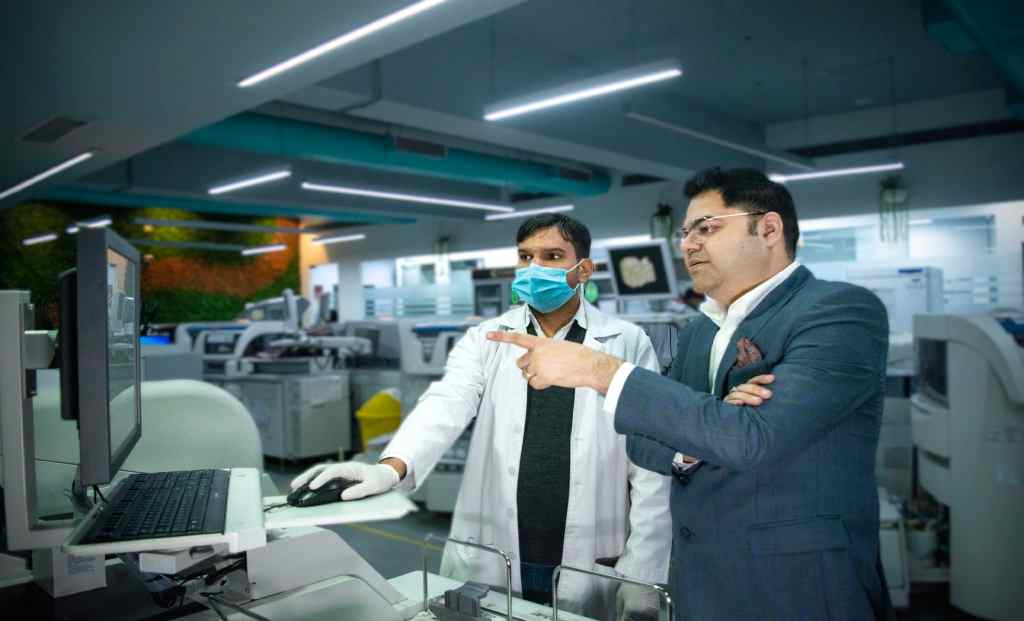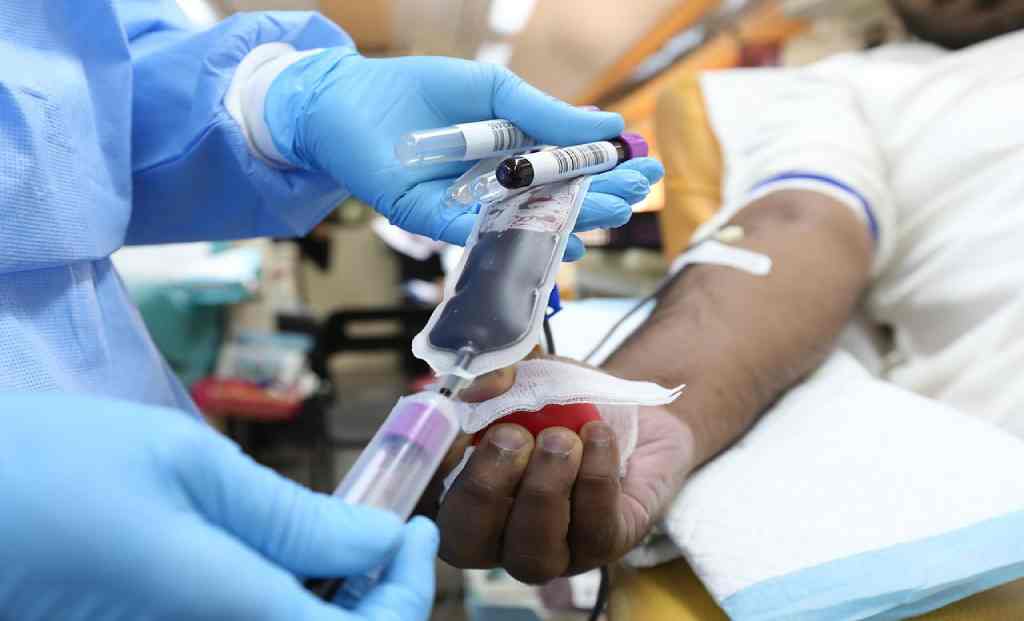Monkeypox Outbreak Raises Global Concerns: WHO Calls Emergency Committee Meeting
The recent surge in monkeypox cases has raised significant alarm worldwide. The World Health Organization (WHO) Director-General, Tedros Adhanom Ghebreyesus, expressed deep concern over this unprecedented outbreak.
In a media briefing, Ghebreyesus revealed that this year alone, over 1,600 confirmed cases and nearly 1,500 suspected cases of monkeypox have been reported from 39 countries. The alarming increase in cases has caught the attention of health experts and the public alike. While monkeypox has been present in seven countries for years, an additional 32 countries are now affected by the virus. The rapid spread of the disease is a cause for concern, prompting the WHO to take swift action.
Despite the high number of cases, there have been no reported deaths from the newly-affected countries. However, the WHO is currently verifying reports of a monkeypox-related death in Brazil. Given the seriousness of the situation, Director-General Ghebreyesus announced the convening of an emergency committee under the International Health Regulations. The purpose of this committee is to assess whether the monkeypox outbreak constitutes a public health emergency of international concern.
Unprecedented Surge in Monkeypox Cases Draws Worldwide Attention
The International Health Regulations (2005) provide a legal framework that defines countries’ obligations in handling public health emergencies that have the potential to cross borders. These regulations are binding on 196 countries, including all 194 WHO Member States. To address the outbreak, the WHO has published interim guidance on the use of smallpox vaccines for monkeypox. However, the organization does not recommend mass vaccination due to limited clinical data and supply.
Instead, the decision to use vaccines should be made on a case-by-case basis, jointly by individuals at risk and their healthcare providers. Risk assessment and consideration of potential benefits are crucial in determining the necessity of vaccination.
The WHO’s primary goal is to support countries in containing the transmission of monkeypox. They advocate for tried-and-tested public health tools such as surveillance, contact-tracing, and isolation of infected patients. Director-General Ghebreyesus emphasized the importance of increasing awareness among the most at-risk groups, including men who have sex with men and their close contacts, to reduce onward transmission.
In addition to containment efforts, the WHO is working closely with member states and partners to ensure equitable access to vaccines and treatments. A mechanism for fair distribution is being developed to address the global need for these resources.
Furthermore, the WHO is collaborating with experts from around the world to review and potentially rename the monkeypox virus, its clades, and the disease it causes. This collaboration aims to improve understanding and communication about the outbreak.
In conclusion, the global outbreak of monkeypox is a matter of serious concern. The WHO’s proactive response, including the convening of an emergency committee, highlights the urgency of the situation. It is crucial for countries to collaborate and implement effective strategies to contain the spread of monkeypox and protect public health on a global scale.











